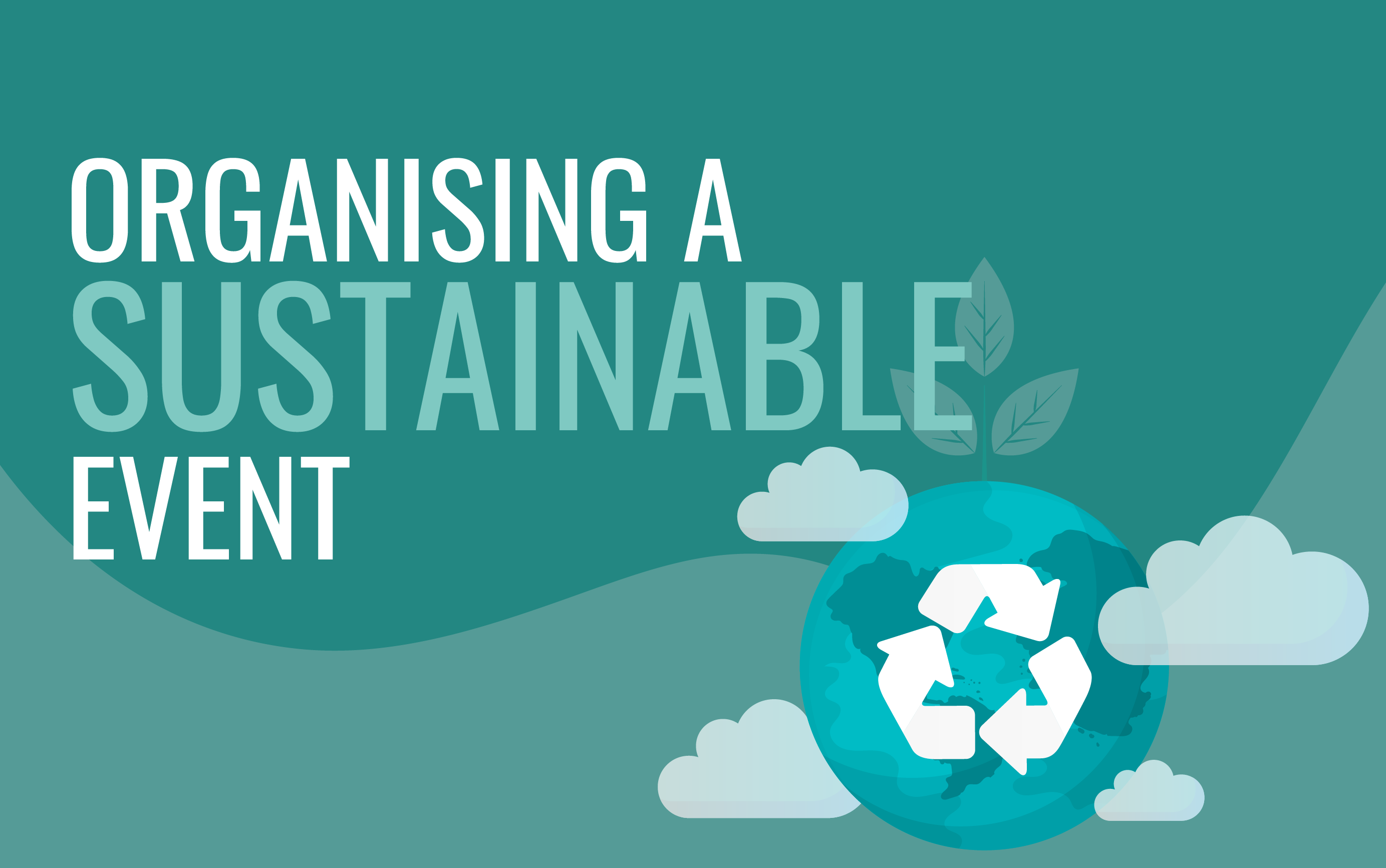
Sustainable Event Management: Strategies for Eco-friendly and Socially Responsible Events
In recent years, sustainability has become a pressing global concern, prompting event management services to adopt eco-friendly practices and prioritize social responsibility. The concept of sustainable event management goes beyond organizing successful events; it involves minimizing the environmental impact of events while promoting positive social change. In this blog post, we will explore strategies and best practices for hosting sustainable events that prioritize eco-friendliness and social responsibility.
Green Venue Selection: One of the fundamental steps in sustainable event management is choosing a green venue. Event managers should prioritize selecting venues that have adopted sustainable practices, such as utilizing renewable energy sources, implementing waste management systems, and reducing carbon emissions. Green certified venues, LEED-certified buildings, or locations with eco-friendly infrastructure should be given preference. Additionally, event managers should consider the accessibility of the venue through public transportation and encourage attendees to carpool or use sustainable transportation options to reduce carbon emissions.
Waste Reduction and Recycling: Events often generate a significant amount of waste, from food packaging to promotional materials. Implementing waste reduction strategies and promoting recycling can significantly minimize the environmental impact. Event managers should prioritize using eco-friendly and biodegradable materials, such as compostable food containers and utensils. Additionally, setting up clearly labeled recycling stations throughout the event venue encourages attendees to properly dispose of their waste. Working with waste management partners or local organizations that specialize in waste reduction and recycling can further enhance the effectiveness of these initiatives.
Sustainable Food and Beverage Options: The food and beverage aspect of events presents an excellent opportunity to promote sustainability. Event managers should strive to incorporate locally sourced, organic, and seasonal food options in their catering choices. This supports local farmers, reduces transportation-related emissions, and promotes healthier and more sustainable eating practices. Furthermore, minimizing food waste through careful planning, portion control, and collaborating with local food banks or organizations that distribute excess food to those in need can make a significant positive impact.
Engaging Attendees in Sustainability: In order to maximize the impact of sustainable event management, it is essential to engage and educate attendees about sustainability practices. Event managers can incorporate interactive elements, such as sustainability-themed workshops, panels, or presentations, to raise awareness and promote sustainable living. Providing attendees with reusable water bottles or offering water stations to reduce single-use plastic consumption is another effective way to encourage sustainable behavior. Moreover, incorporating gamification elements, such as eco-friendly challenges or competitions, can motivate attendees to actively participate in sustainable practices during and after the event.
Offset Carbon Footprint: Despite taking various measures to reduce emissions, events may still have a carbon footprint. Event managers can address this by calculating the event’s carbon footprint and offsetting it through carbon offset programs. These programs involve investing in renewable energy projects, reforestation initiatives, or other carbon reduction projects that counterbalance the emissions produced by the event. Communicating these efforts transparently to attendees can further increase awareness and demonstrate the event’s commitment to sustainability.
Collaboration with Sustainable Suppliers and Vendors: Event managers have the power to influence sustainability throughout the supply chain by collaborating with eco-conscious suppliers and vendors. From event signage and promotional materials to furniture and décor, sourcing environmentally friendly options is crucial. Event managers should inquire about suppliers’ sustainability practices, such as using recycled or sustainable materials, minimizing packaging waste, and adhering to ethical labor standards. By partnering with like-minded suppliers and vendors, event managers can collectively contribute to creating a more sustainable event industry.
Community Engagement and Social Responsibility: Sustainable event management extends beyond environmental practices; it also encompasses social responsibility. Event managers can engage with local communities by supporting local businesses, hiring local vendors, and incorporating social impact initiatives into their events. Collaborating with local nonprofits or charitable organizations to raise awareness and funds for social causes relevant to the event’s theme demonstrates a commitment to creating a positive impact.
